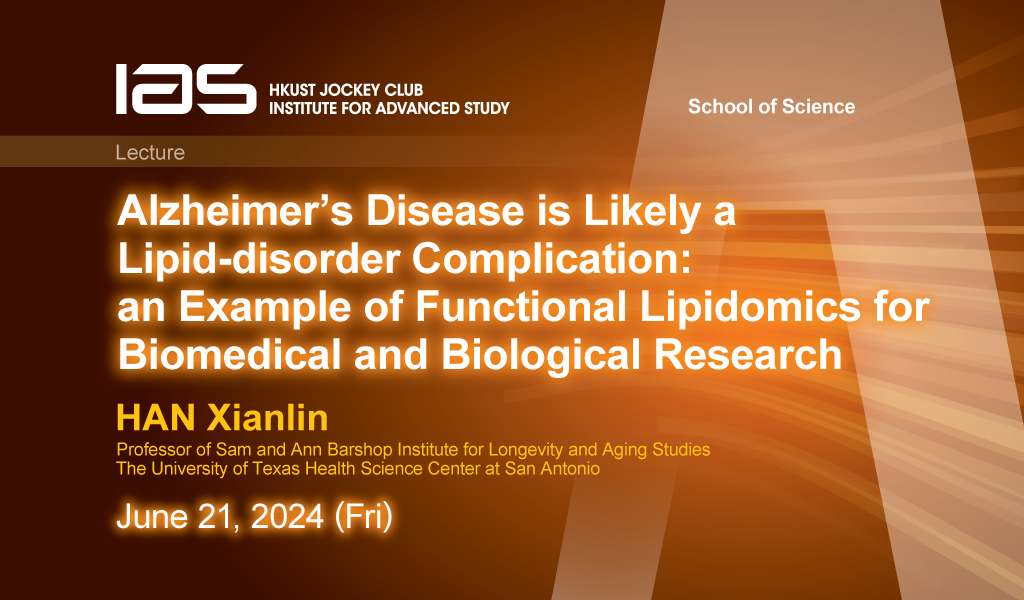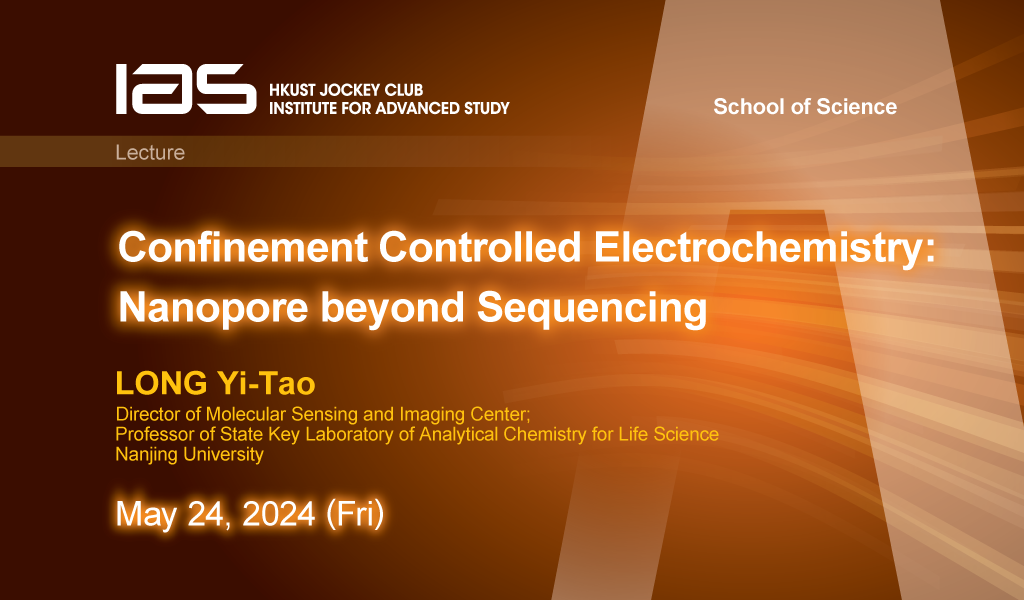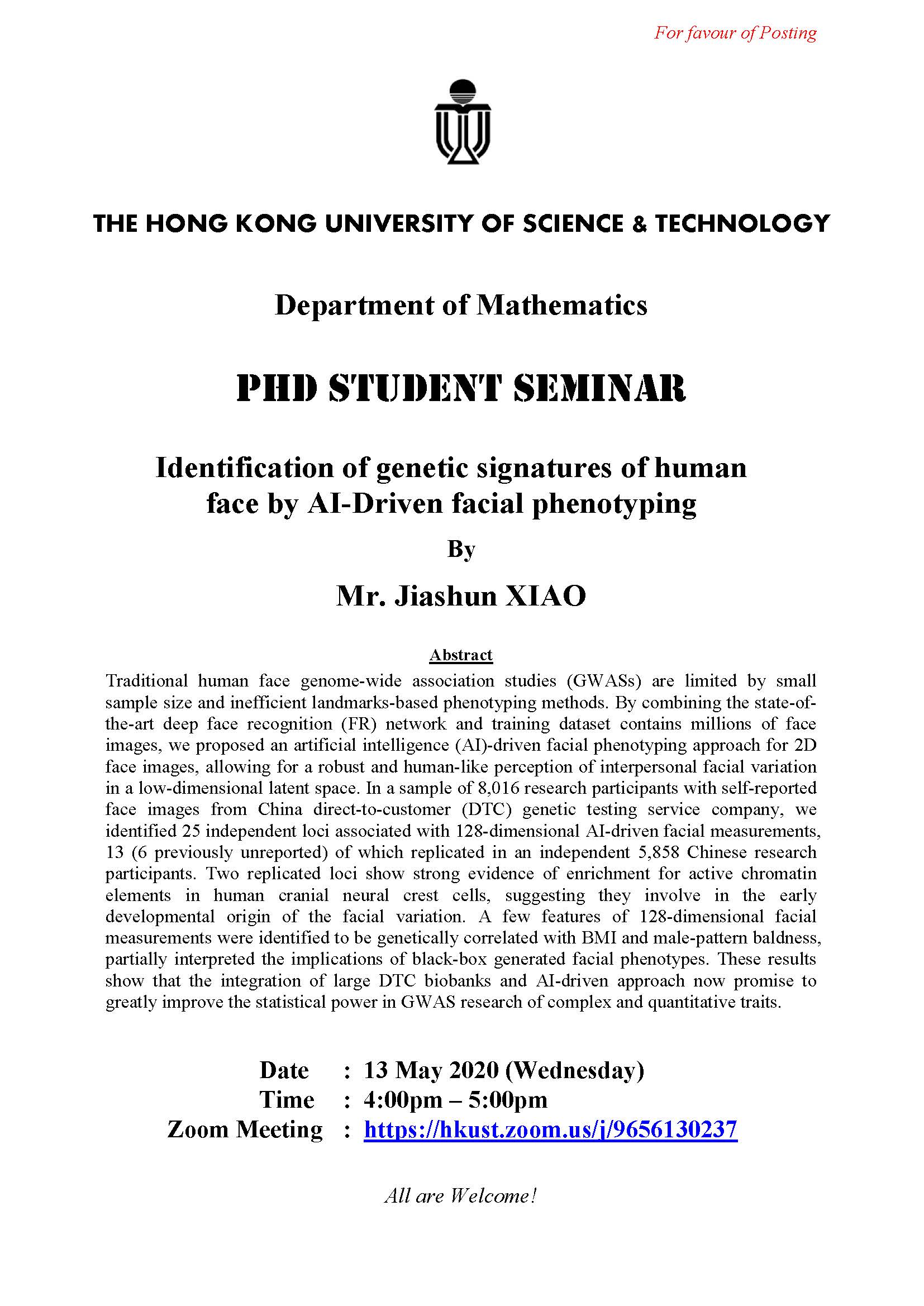Traditional human face genome-wide association studies (GWASs) are limited by small sample size and inefficient landmarks-based phenotyping methods. By combining the state-of-the-art deep face recognition (FR) network and training dataset contains millions of face images, we proposed an artificial intelligence (AI)-driven facial phenotyping approach for 2D face images, allowing for a robust and human-like perception of interpersonal facial variation in a low-dimensional latent space. In a sample of 8,016 research participants with self-reported face images from China direct-to-customer (DTC) genetic testing service company, we identified 25 independent loci associated with 128-dimensional AI-driven facial measurements, 13 (6 previously unreported) of which replicated in an independent 5,858 Chinese research participants. Two replicated loci show strong evidence of enrichment for active chromatin elements in human cranial neural crest cells, suggesting they involve in the early developmental origin of the facial variation. A few features of 128-dimensional facial measurements were identified to be genetically correlated with BMI and male-pattern baldness, partially interpreted the implications of black-box generated facial phenotypes. These results show that the integration of large DTC biobanks and AI-driven approach now promise to greatly improve the statistical power in GWAS research of complex and quantitative traits.
13 May 2020
4pm - 5pm

Where
https://hkust.zoom.us/j/9656130237
Speakers/Performers
Mr. Jiashun XIAO
HKUST
HKUST
Organizer(S)
Department of Mathematics
Contact/Enquiries
mathseminar@ust.hk
Payment Details
Audience
Alumni, Elderly, PG Students, UG Students
Language(s)
English
Other Events

21 Jun 2024
Seminar, Lecture, Talk
IAS / School of Science Joint Lecture - Alzheimer’s Disease is Likely a Lipid-disorder Complication: an Example of Functional Lipidomics for Biomedical and Biological Research
Abstract
Functional lipidomics is a frontier in lipidomics research, which identifies changes of cellular lipidomes in disease by lipidomics, uncovers the molecular mechanism(s) leading to the chan...

24 May 2024
Seminar, Lecture, Talk
IAS / School of Science Joint Lecture - Confinement Controlled Electrochemistry: Nanopore beyond Sequencing
Abstract
Nanopore electrochemistry refers to the promising measurement science based on elaborate pore structures, which offers a well-defined geometric confined space to adopt and characterize sin...

